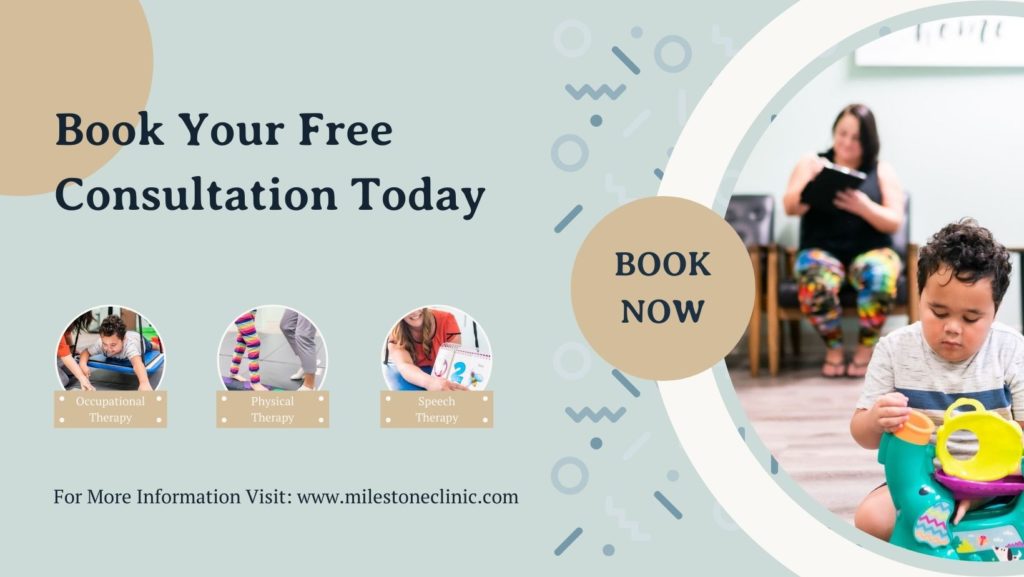Early Intervention is a program that was created to lessen the effects of a disability or delay by addressing the needs of young children from birth to 3 years old. This is achieved by supporting the child’s family. Families are the experts when it comes to their child, and in Early Intervention, the family is the main agent of change for their child. Participating in Early Intervention can result in a wide range of concrete benefits.

Providing Resources
Overall, Early Intervention can provide a guide map of local resources to help support parents based on their individual needs and the needs of their child. Early Intervention can help children acquire compensatory skills for typical functions (e.g., deaf children can learn to sign) or compensatory equipment to support children with more complex needs. For example, children who won’t be able to walk get access to wheelchairs or transportation supports; children who cannot use their own voice may get access to an augmentative and alternative communication (AAC) device.
Correcting Behavior
Early Intervention has been found to help families and caregivers alter their style of interaction to more effectively recognize, respond to, and support young children’s attempts to communicate. Early Intervention can support families while they pinpoint the ‘why’ behind behavior difficulties. For instance, a toddler prone to frequent tantrums may actually have delayed language or different sensory needs than typical children. Providing the toddler’s family with strategies to increase language or address sensory needs could help to eventually alleviate behavior struggles. Whatever the reason might be, the family will have access to a skilled professional weekly to talk through difficulties and problem solve as concerns arise.

Improving Relationships & Confidence
Early Intervention follows a parent coaching model, meaning that the caregiver is empowered to put therapy techniques into practice. Though this may be uncomfortable at first, it will lead to long-term success for the whole family. Instead of therapy sessions being constrained to a one-hour per week appointment, a family-led program embeds therapy techniques into your everyday routines, 24/7! As a bonus, the breakthrough moments and milestone achievements belong to the parents and children who work hard for it.
Data to Back Up Benefits
Data from a study conducted between 2009-2010 showed that an average of 90% of families participating in Early Intervention improved their ability to help their children develop and learn. 96% of parents felt that, as a result of their participation in Early Intervention, they knew how to work with professionals and to advocate for services for their children.

Promoting Future Success in School
For children with mild developmental problems or risk conditions, a high-quality Early Intervention program can prevent the development of larger issues later in life. Skills and strategies learned by parents while children are young continue to be useful throughout the child’s life. The foundation you build with positive relationships and early learning potential translates into higher success in school and beyond. The previously mentioned study found that 71% – 76% of the children receiving Early Intervention demonstrated greater than expected growth in: Social relationships (getting along with other children and relating well with adults); use of knowledge and skills (thinking, reasoning, problem-solving, and early literacy and math skills); and taking action to meet needs, (which includes feeding, dressing, self-care, and following rules related to health and safety). Additional research has shown that Early Intervention can positively impact the development of the following academic skills:
- Auditory comprehension
- Reading comprehension
- Vocabulary
- Literacy skills
- Story generation & writing
- Phonological development
Let Us Be Your Resource
If you think services might be a good fit for your family, we invite you to contact our office and get your free consultation scheduled. Our OTs, PT’s and SLP’s are happy to listen to your concerns and help you decide on some of your next steps.

